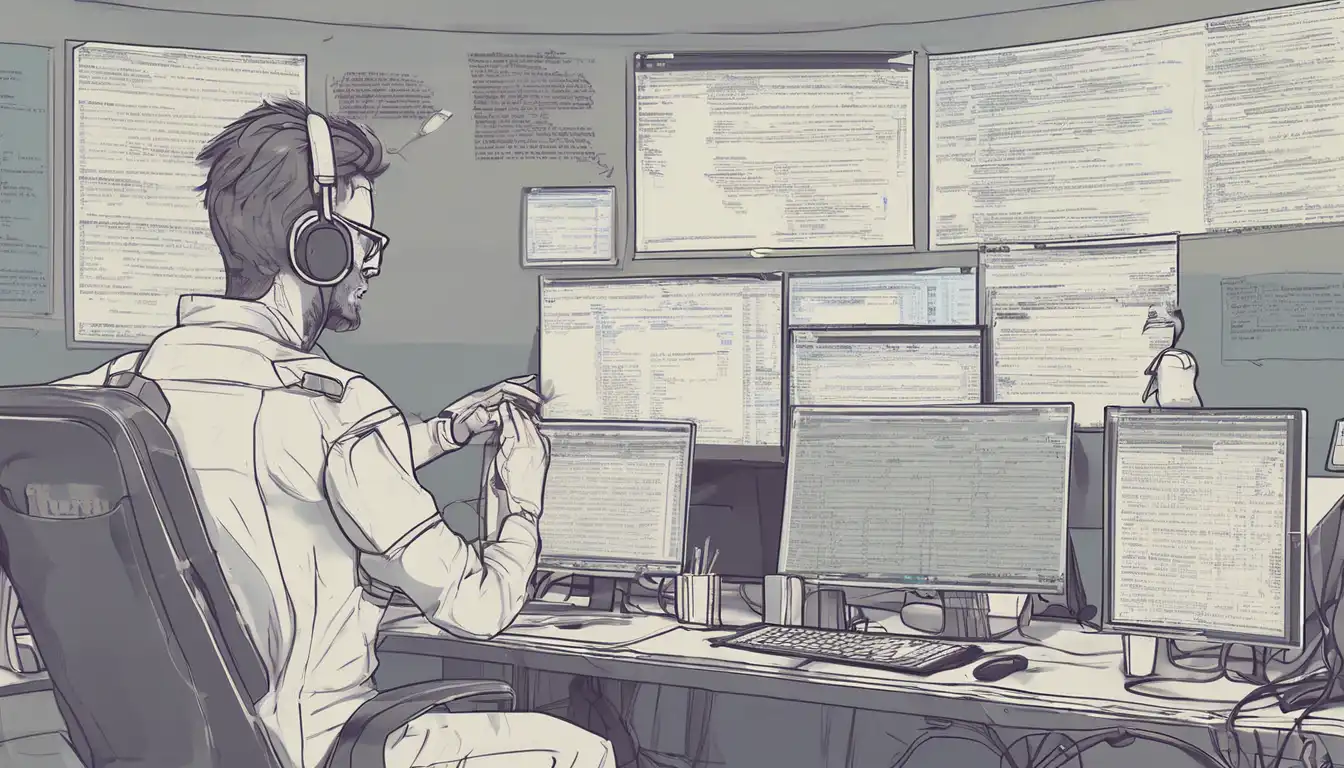Introduction to Professional Code Debugging
Debugging is an essential skill for any programmer, yet many struggle with it. This guide will walk you through the professional techniques to debug your code efficiently, saving you time and frustration.
Understanding the Debugging Process
Before diving into debugging, it's crucial to understand what it entails. Debugging is the process of identifying and removing errors from software or hardware. It involves a systematic approach to find the root cause of the problem and then fixing it.
Essential Debugging Tools
There are several tools available that can make debugging easier. Here are some of the most popular ones:
- Integrated Development Environments (IDEs) like Visual Studio Code or IntelliJ IDEA
- Debugging tools such as GDB for C/C++ or pdb for Python
- Logging frameworks to track down issues
Step-by-Step Debugging Techniques
Follow these steps to debug your code like a pro:
- Reproduce the Error: Before you can fix a bug, you need to be able to reproduce it consistently.
- Understand the Error Message: Error messages can provide valuable clues about what went wrong.
- Check the Logs: Logs can help you trace the execution flow and identify where things went awry.
- Use Breakpoints: Breakpoints allow you to pause the execution of your program and inspect the current state.
- Isolate the Problem: Narrow down the problem to a specific section of code.
- Fix and Test: After fixing the bug, test your changes to ensure the problem is resolved.
Common Debugging Pitfalls to Avoid
While debugging, there are several common mistakes that can hinder your progress:
- Not understanding the code you're debugging
- Making assumptions without verifying them
- Overlooking simple solutions
- Not taking breaks when stuck
Advanced Debugging Strategies
For more complex issues, consider these advanced strategies:
- Binary Search: Comment out half of your code to see if the error persists, then repeat.
- Rubber Duck Debugging: Explain your code line by line to an inanimate object to spot errors.
- Unit Testing: Write tests for individual components to catch errors early.
Conclusion
Debugging is a skill that improves with practice. By using the right tools and techniques, you can solve problems more efficiently and become a more proficient programmer. Remember, the goal is not just to fix the bug but to understand why it occurred in the first place.
For more tips on improving your coding skills, check out our programming tips section.
